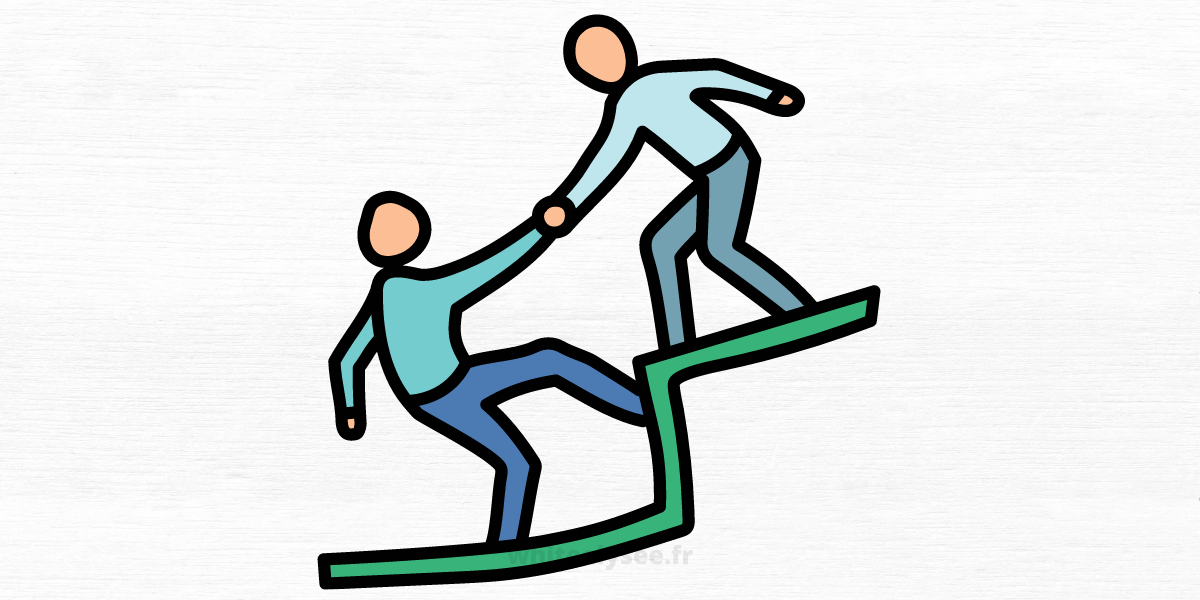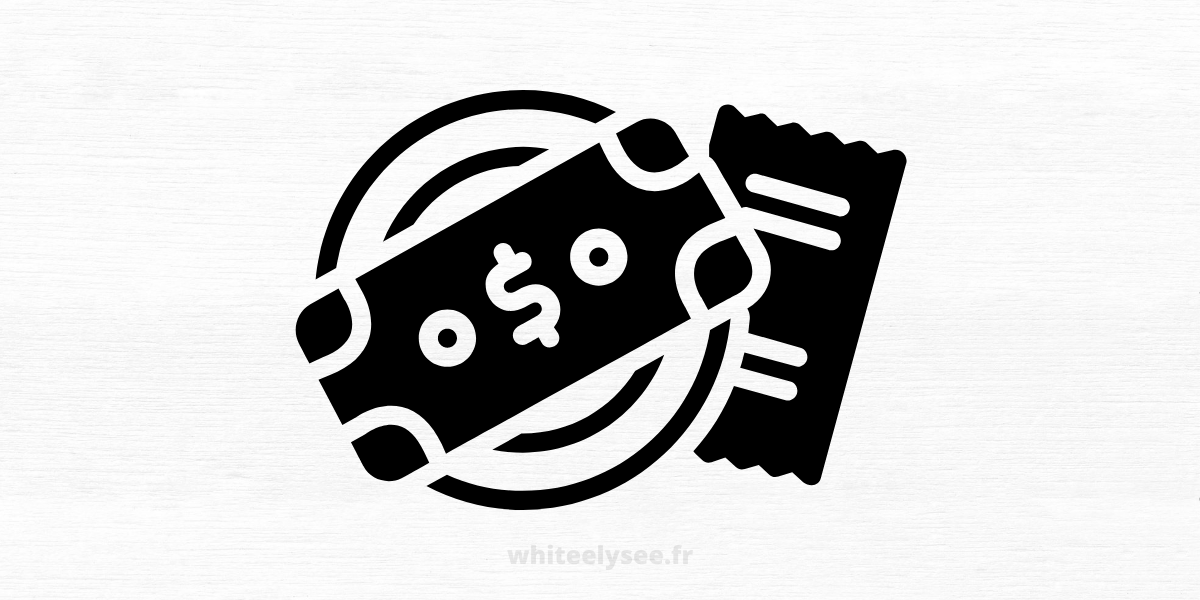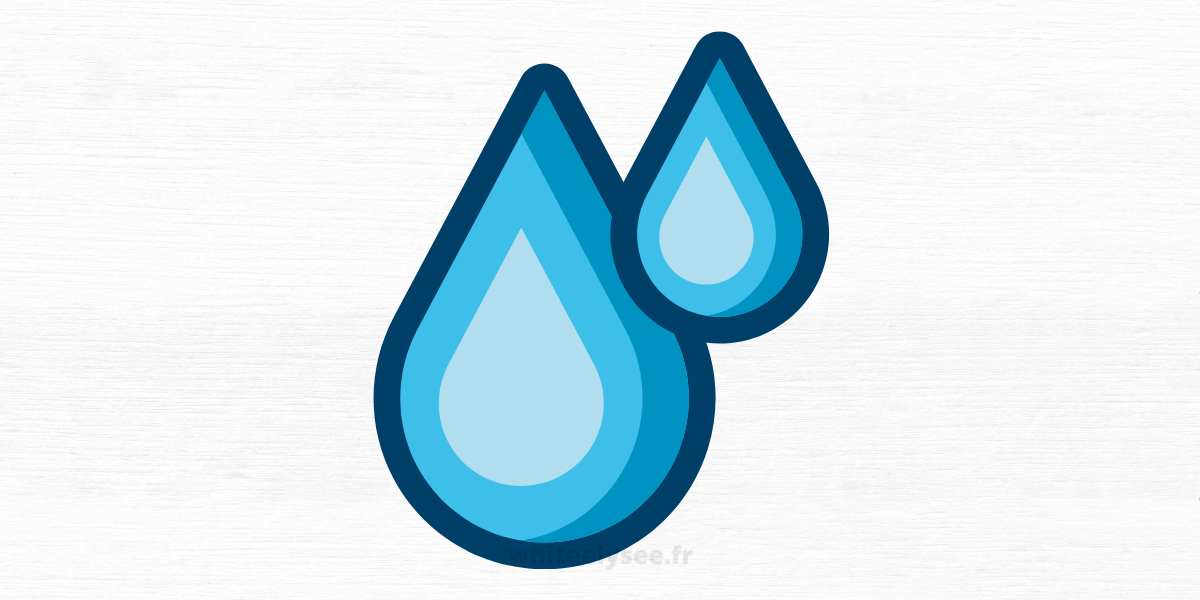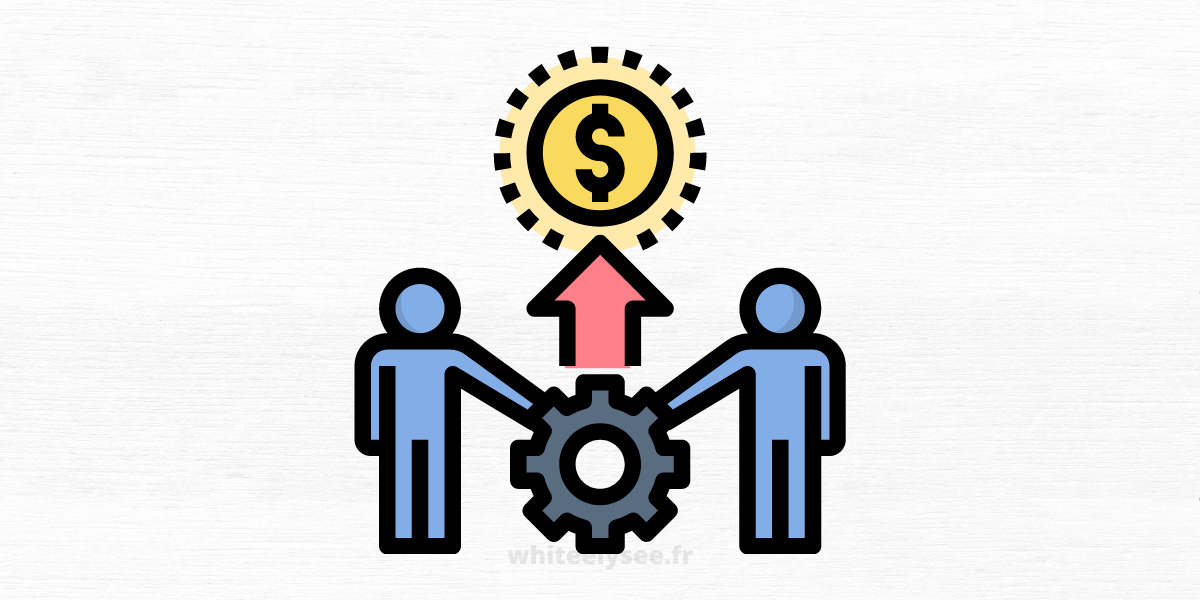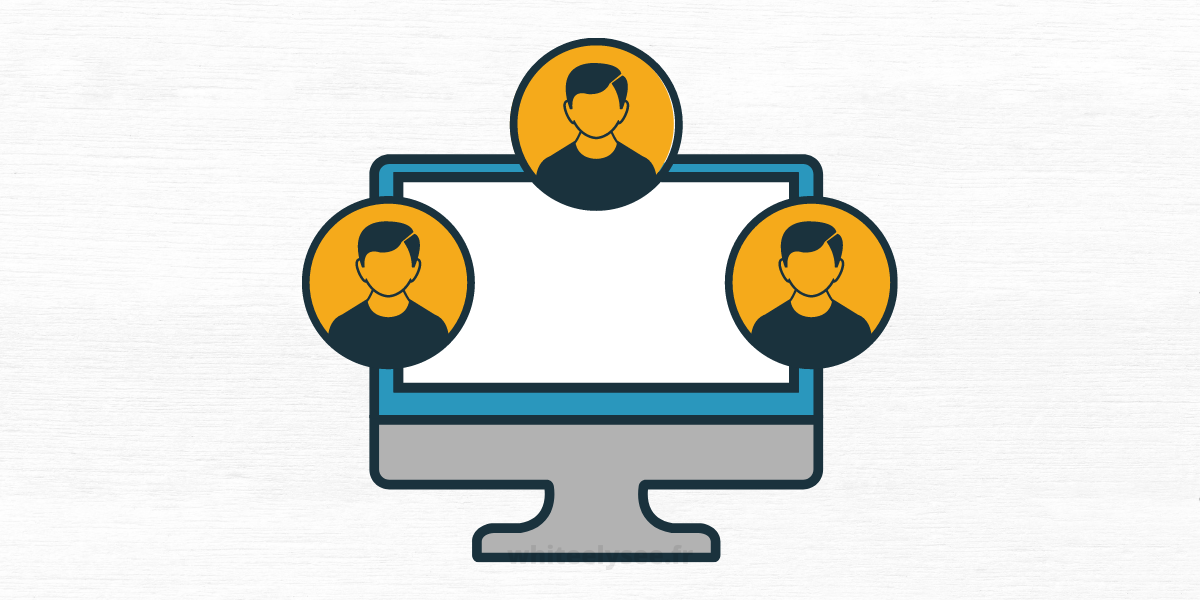
There isn’t a thing called “the perfect team.” But wouldn’t it be wonderful for you to assist your team in their journey?
There are a variety of team-building exercises similar to carpenters, and you must choose the appropriate tool to complete the task. Before you start creating “the perfect team,” you might want to consider asking yourself a number of questions. Here are the first questions I ask all my clients prior to they start their journey.
1.) What would you consider the value of your team’s goals for building in terms of enjoyment and. The development of your team?
Team building may refer to different things for various people. For certain people, team building is an engaging, fun activity. It can also refer to an approach to confront the problems that hinder a positive and productive workplace. Events that are fun can build friendship and increase morale. Team building and development processes help the group to be able to show cohesion, synergy, focus, and efficiency at the bottom. You should determine your expectations for the meeting so that the session is able to achieve your objectives.
2.) You are interested in participating in a particular process or perhaps an event?
Events can be either designed for bonding/get-to-know-you exercises, or they can address relevant issues. These processes are designed to promote the long-term development of teams and can help reinforce the information gained by the participants. They recognize that team building is a process rather than a destination. The specific event is a single-day session or less, while an event can span several months, with many sessions scheduled throughout the period.
3.) What can you expect from a thorough procedure or program?
Before you begin any kind of team building activity prior to team building activity, you must be aware of your expectations. You might want to consider those actions you believe that the team needs to stop or begin and continue. The design of the program and the activities that are chosen can aid in addressing these crucial actions, strengthening the strengths of the group, and highlighting areas to develop.
4.) Are you searching for something “off-the-shelf” or customized program?
Off-the-shelf programs are cheaper as you don’t have to design the program. A program that is tailored to your group’s requirements is targeted toward their particular goals and objectives, not the conventional ones. A reputable service provider can make a custom program without requiring high costs for design.
5.) Do you think the challenges that your team is facing are skills-based or dynamic?
Individuals must possess certain abilities in order to function as team players. The ability to communicate, the capacity of building trust, interpersonal skills to build solid relationships with other people, and skills for managing conflict are essential team-building skills. The abilities of each person are in relation to their personal experiences and their behavior. Sometimes team issues result from a lack of skill. In other instances, team members might possess these abilities. However, the team still faces problems with morale, lack of trust among the members, and personality conflicts or frequent communications breakdowns. It is essential to determine whether the unit is lacking in skills or if the team has created a situation in which members do not get along effectively. This will influence the type of program required by the section.
6.) Do you think all members of the team will recognize the same challenges?
While each member of the team could discuss their concerns in different ways, however, the leader needs to recognize that his or her view of the team’s behavior isn’t the sole reason for the team’s problems. Do not go with what you consider to be the issue. Conduct a survey to make sure that the intervention is aimed at the overall needs of your team.
7) Are there any preparations required prior to the team’s formation?
It depends. If you’re planning an enjoyable event focused on interactive activities, You can create the “buzz” around the event by telling the participants a little about the “team adventure.” If you intend to tackle the real-world issues of your team, You must be sure to address the relevant problems. A group survey might be necessary to pinpoint the problem and the root causes.
8.) Do you think it is beneficial to discuss the facilitator’s needs before implementing your program?
The facilitator’s interaction prior to the start of the program is essential to ensure the success of the program. Facilitators can gather details about the team’s background and understand your goals and goals for your schedule as well as the group after the event is completed. It will help ensure the program has been designed to meet the requirements of the group.
9) How can you get commitment from your team members?
Keep in mind that people are supportive of what they contribute to… So let them design the procedure. Make sure that team members are aware that the system will be determined by the overall findings of the group survey.
10) Where do you need to conduct the program?
A session held on-site can save costs. However, there’s an exchange. Moving people offsite is more efficient because the participants have a more relaxing time. Furthermore, they remain with the group throughout breaks and lunchtimes instead of returning to their desks to check their email and respond to emails. The team’s investment must include a decision to select the ideal place. A professional with a good track record can suggest the best location for your requirements.
11) What kind of budget do you have to fund team formation?
The budget you set will decide if you are able to organize an event, or a procedure, an off-the-shelf program, or a custom-designed session, and also who is the facilitator (in-house personnel or professional). The budget can also assist in setting realistic goals for group development. You might want to offer some estimates of budgetary restrictions to your vendor so that they can create a process within your budget.
12) What are the ways to evaluate the effectiveness of your team’s building?
In conducting an initial and post-team survey to the team, they will be able to measure the progress made. The group can see how they interacted and collaborated together before the first session. They can also see how they performed six months later after they had returned from their sessions and put into practice their new skills. Results from the post-program allow the group to recognize their achievements and set new goals for the future at the follow-up event for team building.
